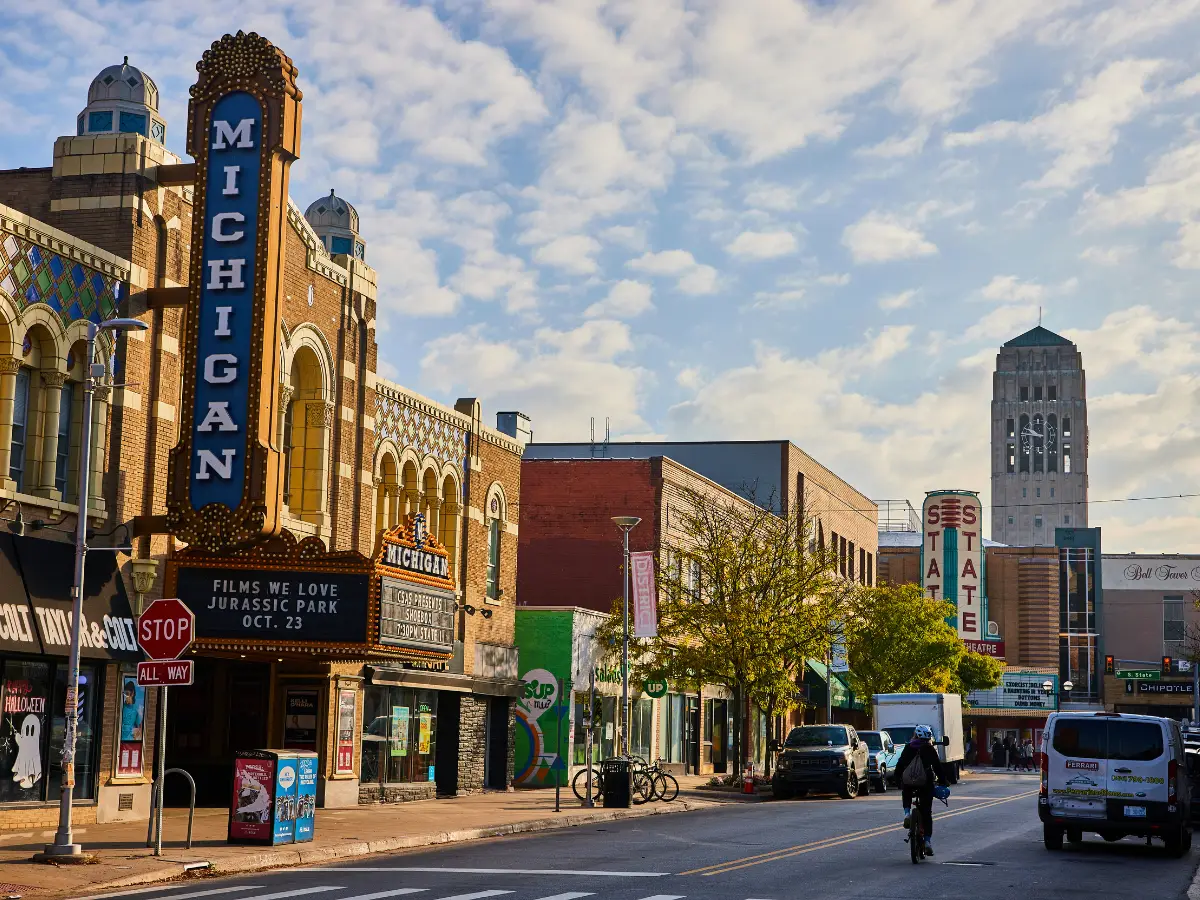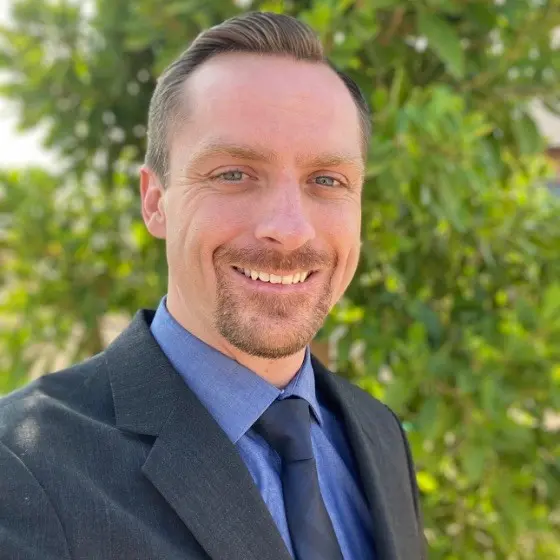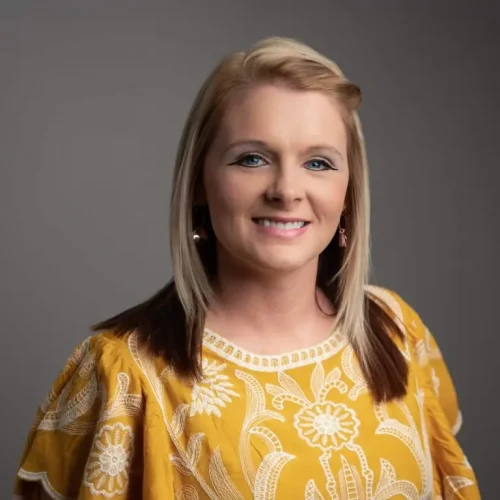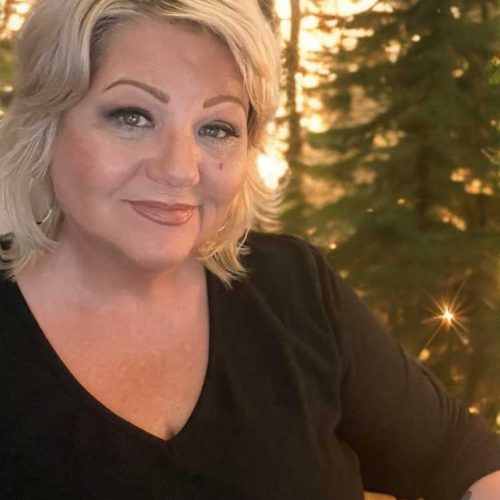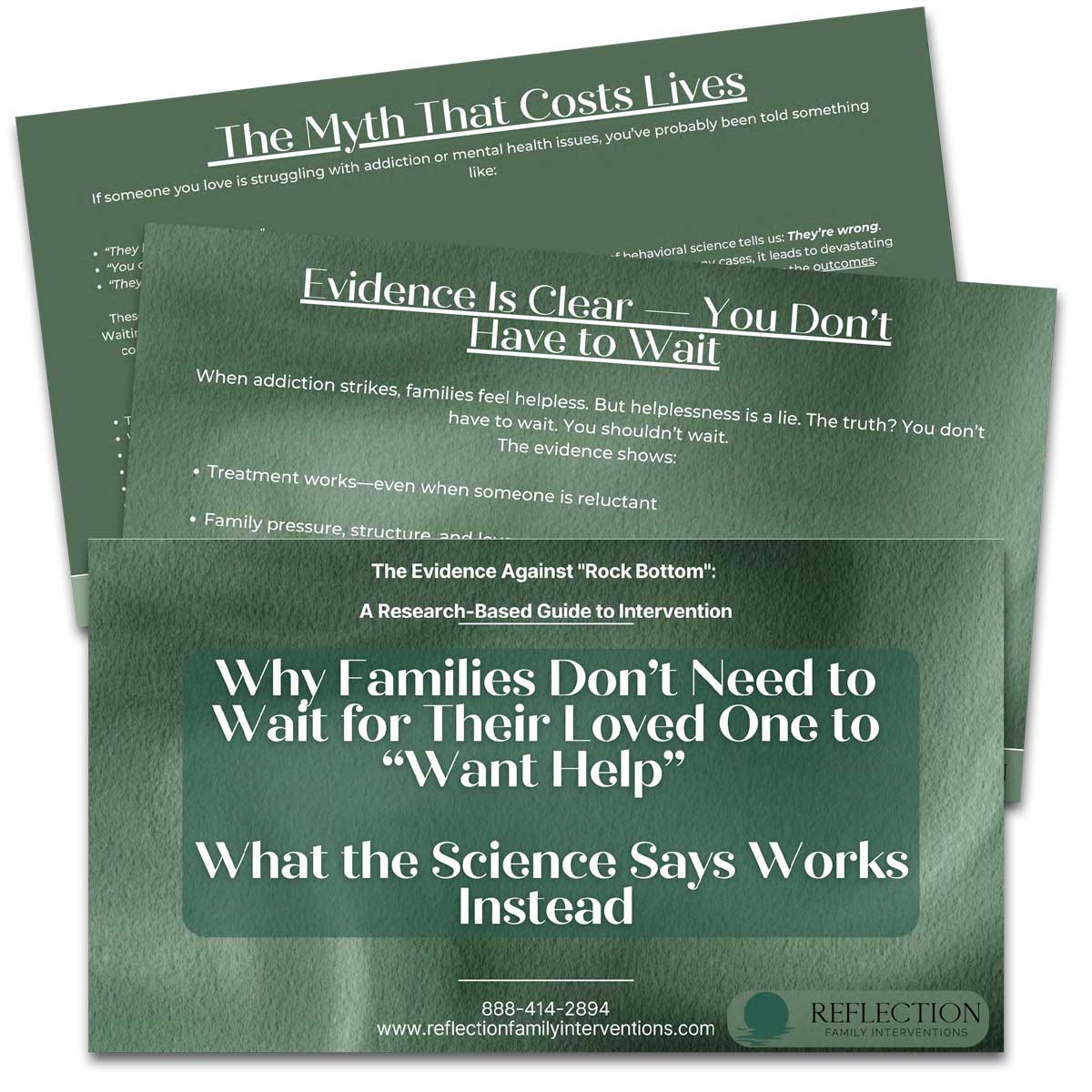Michigan, like much of the United States, faces significant challenges related to addiction and mental health. The opioid epidemic has left its mark on the state, with thousands of residents struggling with dependency on prescription painkillers, heroin, and fentanyl. According to recent reports, Michigan had over 2,900 drug overdose deaths in a single year, with opioids accounting for a majority of fatalities. Alcohol abuse is also prevalent, with binge drinking rates exceeding national averages in certain counties. Alongside substance use disorders, mental health conditions such as depression and anxiety continue to rise, exacerbated by economic struggles, unemployment, and the residual effects of the COVID-19 pandemic.
Many individuals in Michigan face dual diagnoses, where substance use disorder coexists with mental health conditions like PTSD, bipolar disorder, or schizophrenia. Unfortunately, stigma and lack of access to treatment prevent many from seeking the help they desperately need. For families watching a loved one suffer, this can be an incredibly painful and isolating experience.
Why Loved Ones Resist Treatment
One of the greatest frustrations families face is convincing a loved one to seek treatment. Resistance to help often stems from deep-seated emotional and psychological barriers, including denial, fear of change, and feelings of shame or failure. Many individuals struggling with addiction believe they can manage their problem alone, despite repeated relapses. Others may distrust the treatment system or feel unworthy of recovery.
Practical barriers also play a role. Limited treatment availability in rural parts of Michigan, financial concerns, and a lack of transportation can make it difficult for individuals to commit to treatment. Additionally, co-occurring mental health disorders may cloud judgment, making it even harder for a person to recognize the severity of their condition.
The Crucial Role of Family
Families play a critical role in motivating a loved one to accept help, but this process can feel overwhelming. At Reflection Family Interventions, we encourage families to shift their focus from confrontation to compassionate communication. Simple strategies can make a world of difference:
1. Setting Clear Boundaries, Families must learn how to lovingly set boundaries to prevent enabling behavior and encourage accountability.
2. Consistent Messaging, Everyone in the family needs to be on the same page when it comes to addressing the addiction, reinforcing the same expectations.
3. Emphasizing Hope, Instead of focusing on past failures, highlight the possibility of healing and a better future.
Many families find that education and professional guidance help them develop the tools needed to navigate this difficult journey. Reflection Family Interventions offers family recovery coaching, which provides structured support to help loved ones shift from crisis management to long-term stability.
How Professional Intervention Can Make the Difference
Interventions are not about forcing someone into treatment, they’re about breaking through denial and offering a clear path forward. At Reflection Family Interventions, we specialize in compassionate, structured interventions that guide families through this emotional process. Our services include:
Professionally Facilitated Interventions
Bringing families together with a trained interventionist to create a unified and loving request for treatment.
Coached Interventions
Supporting families who want to lead their own intervention with expert guidance.
Intensive Family Recovery Coaching
A six-month program designed to rebuild family dynamics and create lasting change.
Professional Transport Services
Ensuring that once a loved one agrees to treatment, they get there safely.
Next Steps Toward Healing
If your loved one is struggling with addiction or mental health challenges, you are not alone. Waiting rarely improves the situation, the time to act is now. Reflection Family Interventions is here to provide the support, structure, and expert guidance you need to navigate this difficult journey.
Let’s take the next step together. Reach out today to learn how an intervention or family coaching can help restore hope and healing to your family.
Detroit Interventionist
Detroit faces significant challenges related to substance use and mental health. In 2023, Michigan experienced a 5.7% decrease in overdose deaths...
Grand Rapids Interventionist
Grand Rapids, Michigan, like many communities, faces significant challenges related to substance use and mental health. In recent years...
Sterling Heights Interventionist
Sterling Heights, Michigan, is recognized as one of the safest large cities in the state, with a 19% decrease in violent crime and a 4%..
Warren Interventionist
Warren, Michigan, like many communities, faces significant challenges related to substance use and mental health. In 2022, the city experienced a 94% increase...

